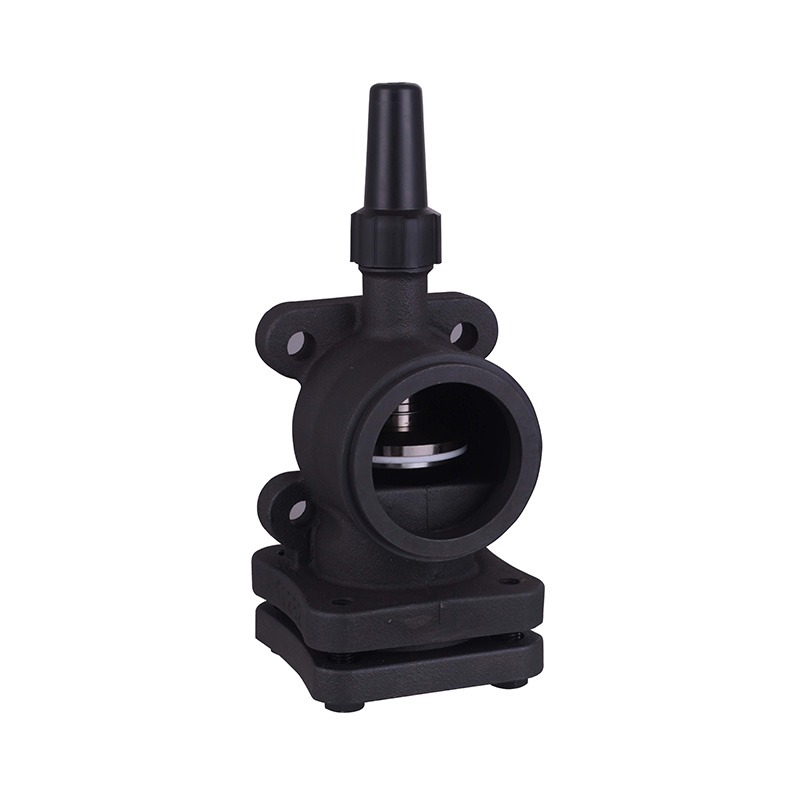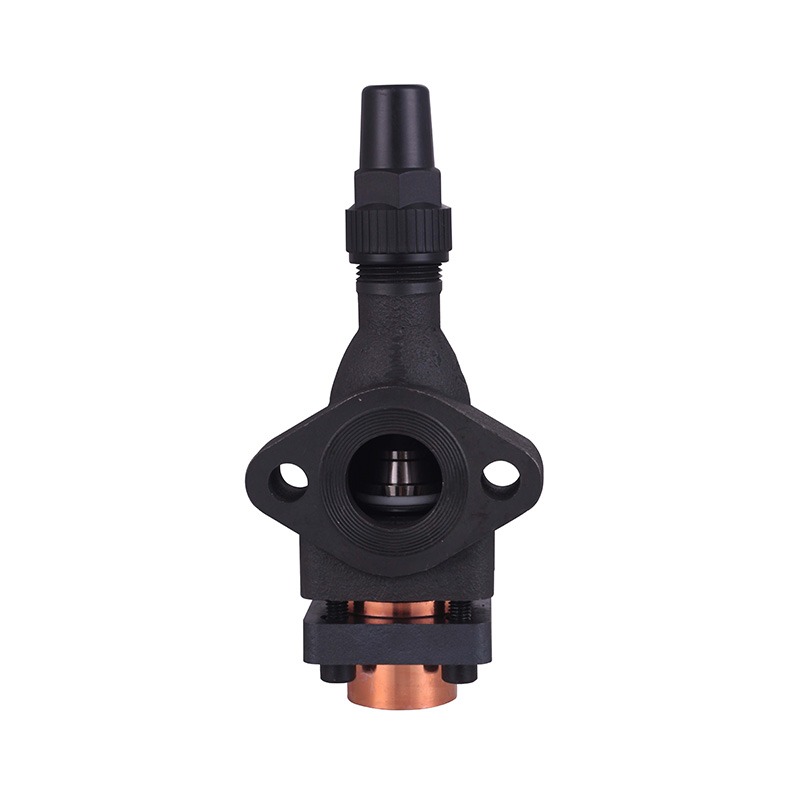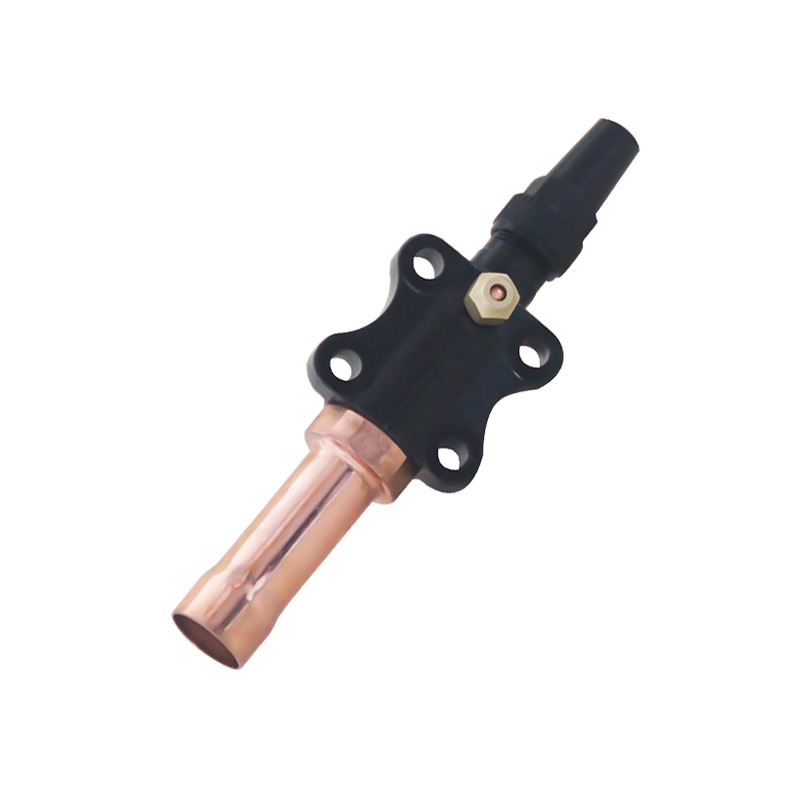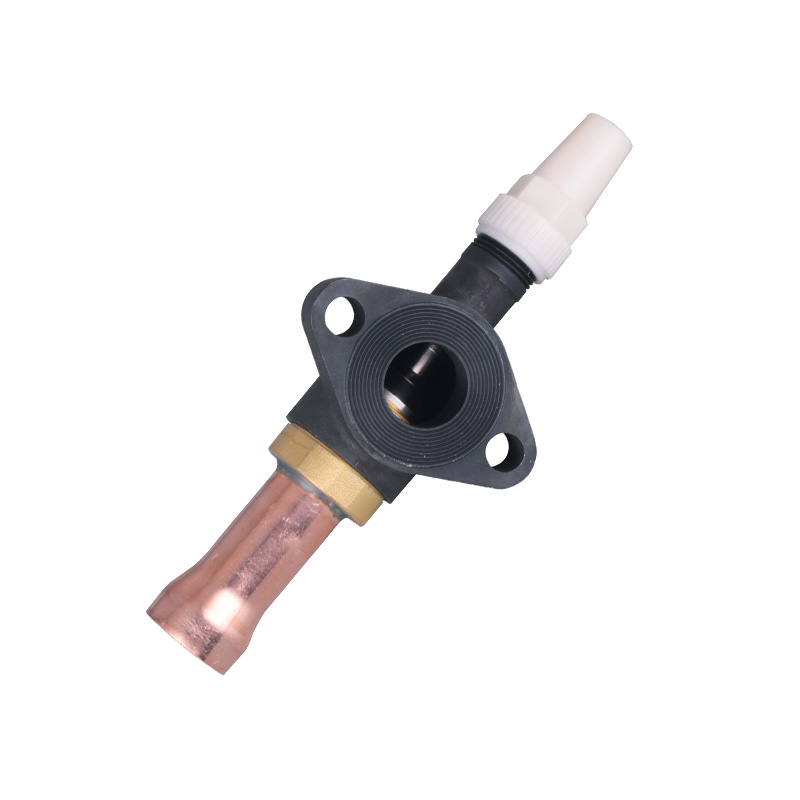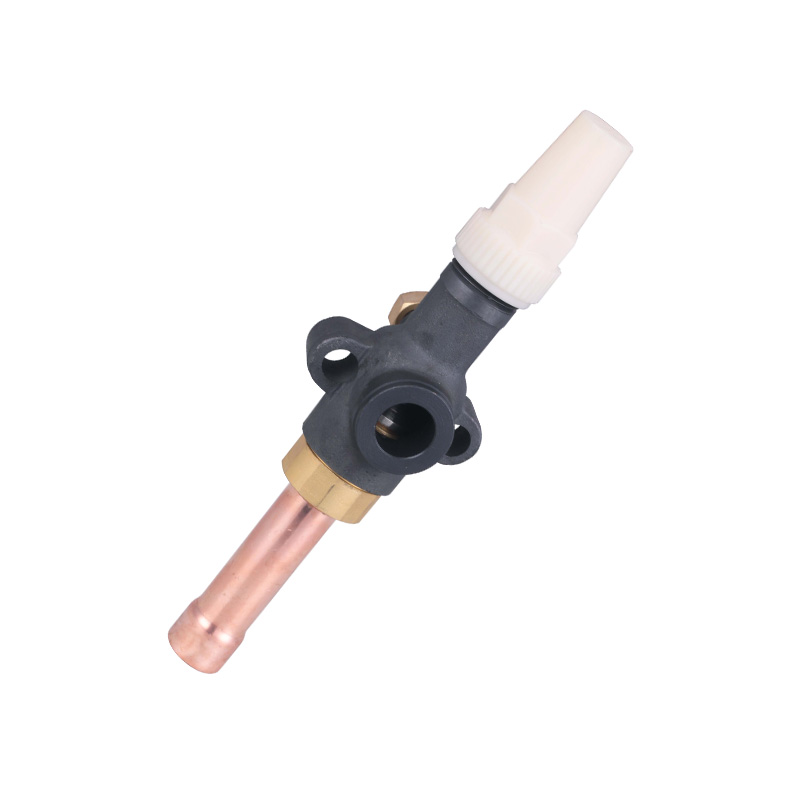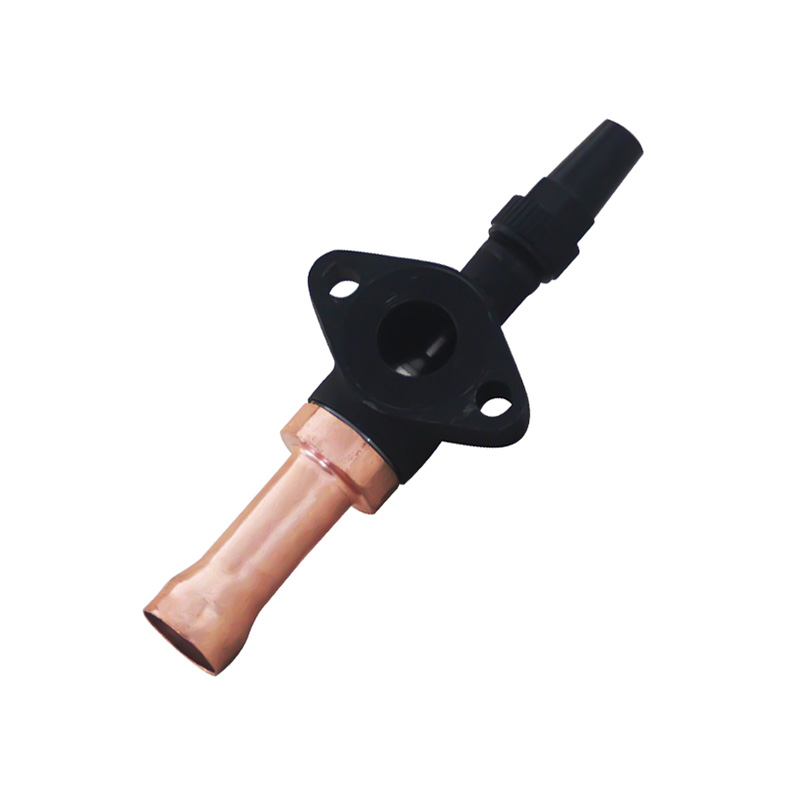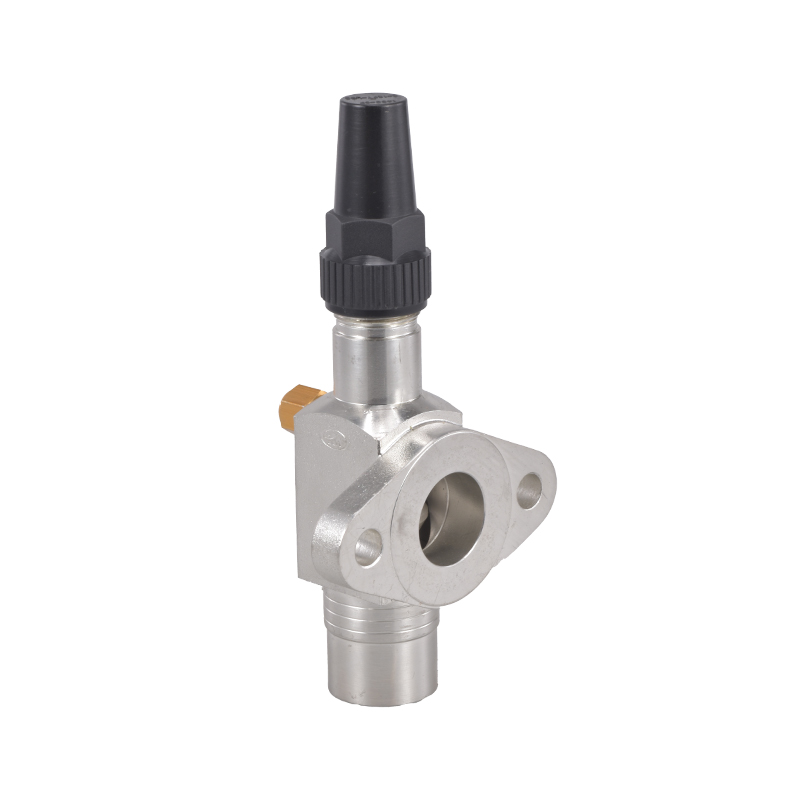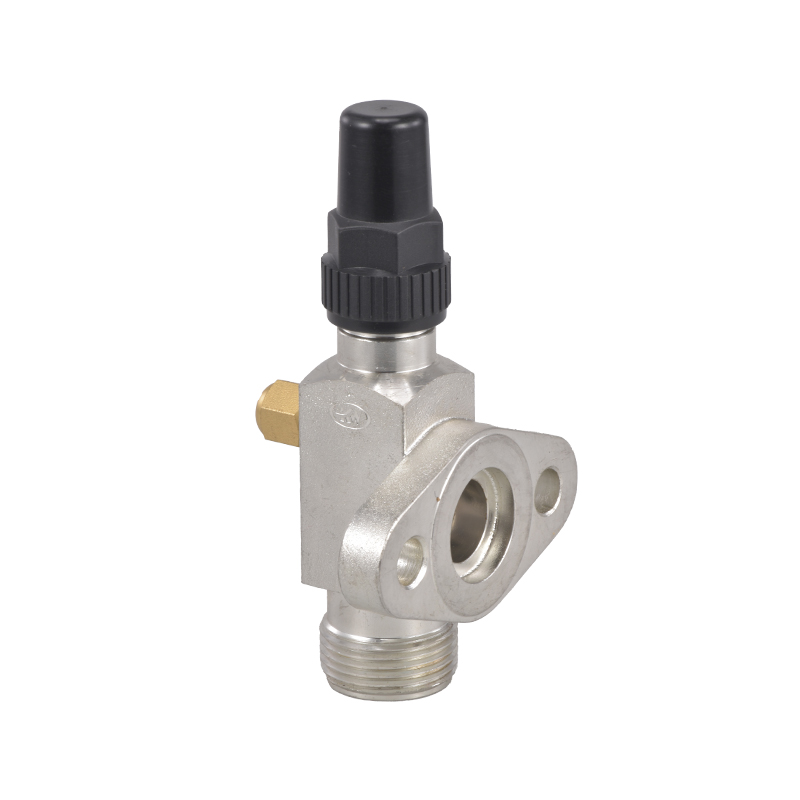How Industrial Vacuum Compressors Boost System Efficiency?
 By Admin
By Admin
One of impactful yet often overlooked contributors to enhanced system performance is the industrial vacuum compressor. These powerful machines are integral to a range of applications, from pharmaceutical production and food packaging to HVAC systems and advanced manufacturing lines. Their primary role? To remove air and non-condensable gases from a system, enabling more efficient operation across the board.
An industrial vacuum compressor differs from standard air compressors in that it works to create a vacuum environment, often in conjunction with refrigeration or drying systems. By eliminating unwanted gases and reducing pressure, these compressors help maintain good conditions inside a compressor refrigeration system. Lower pressure allows refrigerants to vaporize and condense more effectively, which directly translates into energy savings, better performance, and longer system lifespan.
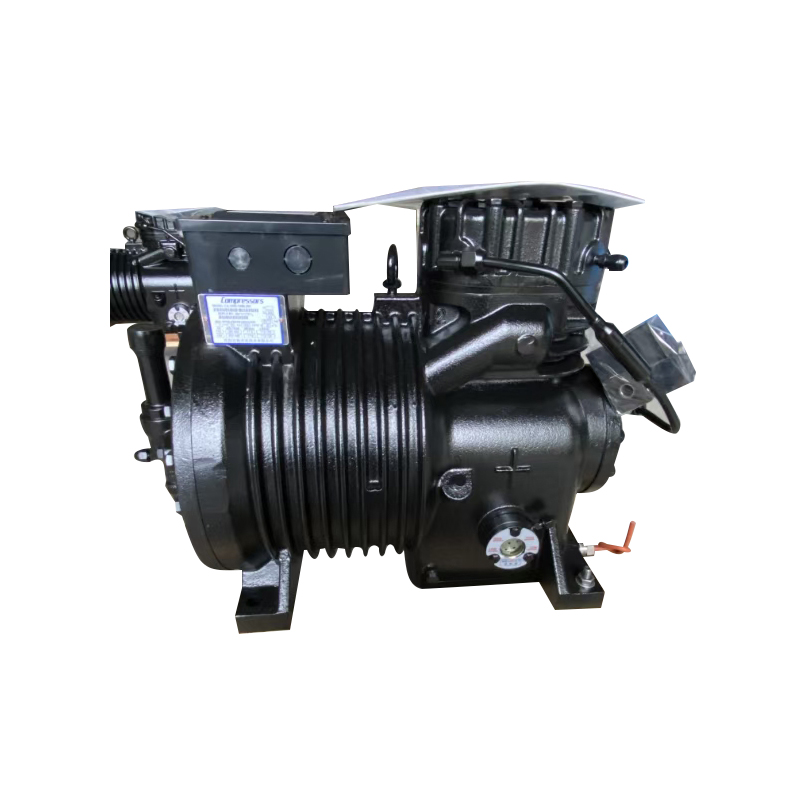
In a compressor refrigeration system, maintaining vacuum integrity is critical for reducing energy consumption. If air or moisture is present, it can interfere with refrigerant flow and heat exchange efficiency. This is where the industrial vacuum compressor becomes a game changer. By actively evacuating the system, it ensures that refrigerants can operate under ideal conditions, thus enhancing cooling cycles and minimizing load on the system's core compressor.
Beyond energy efficiency, industrial vacuum compressors contribute significantly to operational reliability. Systems that use high-quality vacuum support experience fewer breakdowns, especially when paired with properly maintained refrigeration compressor parts. The presence of vacuum conditions helps avoid the formation of ice or sludge in pipes and valves, which can cause system failures. Additionally, vacuum conditions reduce oxidation and corrosion inside the refrigeration lines, further protecting internal refrigeration compressor parts from premature wear.
Many facilities have discovered that investing in an industrial vacuum compressor yields long-term savings through both lower maintenance costs and reduced energy bills. The initial cost is often offset within few years of operation, thanks to better overall system performance. Moreover, using vacuum-assisted processes allows a compressor refrigeration system to cycle less frequently, placing less strain on motors, belts, and other refrigeration compressor parts.
Modern systems often combine the industrial vacuum compressor with sophisticated monitoring tools. These tools provide real-time data on pressure levels, energy usage, and refrigerant conditions, making it easier to detect and resolve inefficiencies. With smart integration, facility managers can optimize system performance, schedule maintenance on time, and extend the lifespan of both the compressor refrigeration system and its supporting refrigeration compressor parts.
Even in challenging industrial environments, such as those involving corrosive chemicals or temperature fluctuations, today's industrial vacuum compressors are built to deliver stable and consistent performance. Manufacturers now design these units with corrosion-resistant materials and precision-engineered components that align with a wide variety of compressor refrigeration system models. When paired with compatible refrigeration compressor parts, they form a powerful duo that enhances process control and product quality.
The use of an industrial vacuum compressor represents a forward-thinking approach to boosting efficiency in any compressor refrigeration system. By improving refrigerant behavior, reducing system contamination, and protecting critical refrigeration compressor parts, vacuum compressors play a vital role in modern industrial operations. For businesses aiming to stay competitive while cutting energy and maintenance costs, integrating vacuum technology is no longer optional—it’s essential.




 English
English русский
русский Deutsch
Deutsch
